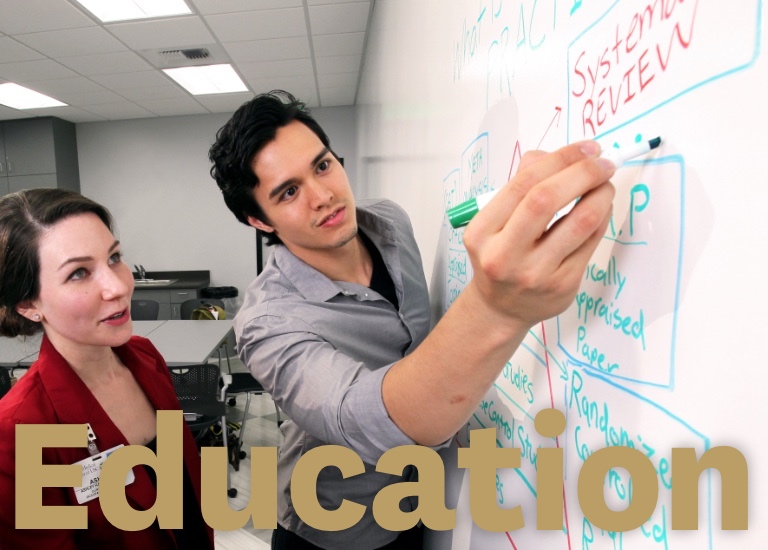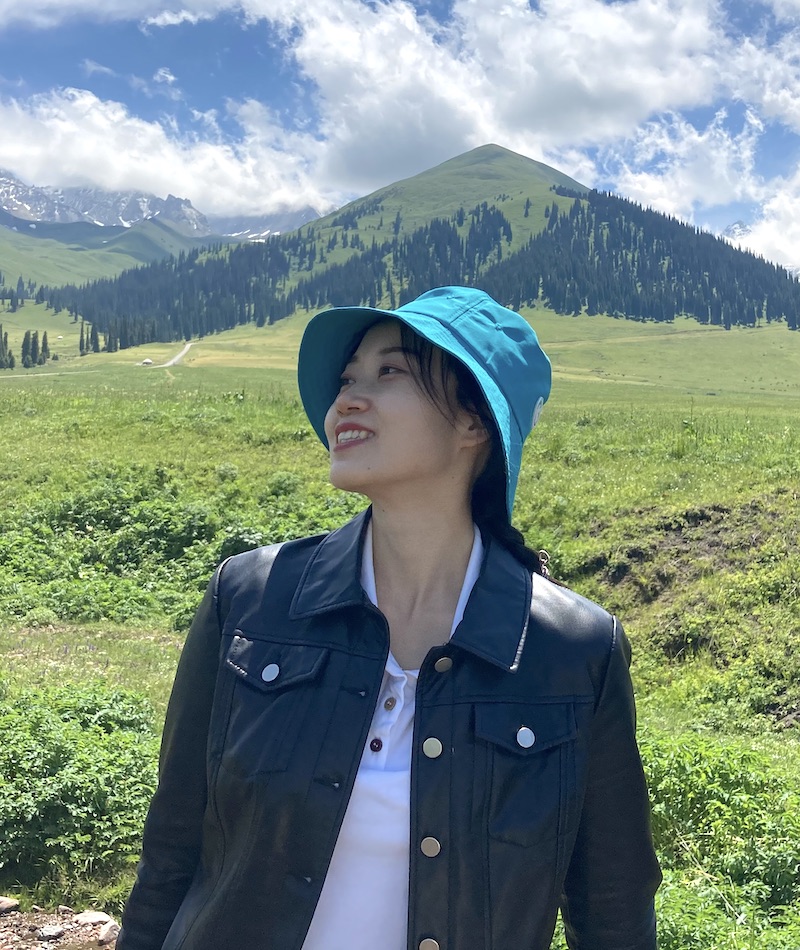Yujia Mo 莫宇佳 PhD ’26
Hometown: Ningxia Hui Autonomous Region, China
Program: PhD in Occupational Science, Class of 2026
家乡: 中国宁夏回族自治区
项目: 作业科学哲学博士, 2026级
Research Focus: Health promotion, behavioral science, cultural adaptation on Lifestyle Redesign® Program
研究方向: 健康促进,行为科学,生活方式重塑®项目的文化调试
Where did you receive your bachelor’s degree and in what major?
你在哪里获得你的本科学士学位, 主修什么专业?
I earned my bachelor’s degree in rehabilitation therapy from Sun Yat-sen University and a master’s degree in occupational therapy from Peking University.
我在中山大学取得康复治疗学的学士学位,在北京大学取得作业治疗学的硕士学位。
What do you like about occupational therapy?
你喜欢作业治疗的什么?
For me, the most stunning characteristic of occupational therapy is that changes in life can eventually happen by adjusting each minute of occupation. The first time I heard of occupational therapy, I tried to understand treatments and learn skills; but gradually when I applied these to my life and others, I was drawn to its capacity of healing people. When I look back, choosing to pursue a PhD degree in occupational science was one of the most important decisions in my life. Occupations consist of our life and occupational science is everywhere. Being an occupational scientist means never taking anything for granted, which is also the way to the true meaning of life.
作业治疗对于我而言最迷人的特点是,你可以通过调整作业活动中的小细节从而实现生活的转变。我第一次学习作业治疗时,试图理解其中的疗法和技巧,但当我逐渐将其运用到自己以及他人的生活中时,我被作业治疗治愈人们的能力深深吸引了。回顾往昔,选择攻读作业科学博士学位是我人生中最重要的决定之一。作业活动组成了我们的生活,作业科学无处不在,作为一名作业科学家,我需要时刻保持不要想当然的态度,这对于我而言也正是探寻人生意义的途径。
What is the focus of your current research?
你在目前的实习点主要学习/做什么?
My research interest is to investigate the potential relationship between health beliefs and behavior change, and the possibility to maintain healthy behavior as regular daily occupations. Since research has been conducted on the Lifestyle Redesign® Program, evidence has indicated the program is an efficient occupational therapy intervention. My further focus will be on the feasibility, adaptation, and application of the program in the context of China as one of the members in the China Initiative.
我对于探索健康信念和行为改变之间的关系十分感兴趣,同时想要了解将健康行为以一种日常作业活动的形式维持下来的可能性。由于目前已经开展了许多与生活方式重塑项目有关的研究,研究结果都为这种作业治疗干预手段的有效性提供了依据,因此,作为中国项目的一员,我未来的研究将会关注于将生活方式重塑项目应用于中国文化背景的可能性,以及对其进行文化调试和适用性的相关研究中。
How do you plan to advance OS in China?
你计划如何推进OS在中国的发展?
I’ll be both the gatekeeper and disseminator of occupational science. Being a gatekeeper means the profession I brought back to China should be authentic. I’ll try my best to learn, comprehend, and respect every piece of knowledge. Meanwhile, being a disseminator indicates cultural adaptation and interdisciplinary collaboration, I’ll make sure OS can be rooted in the context of China and developed with adequate boosters, which may be the support from other disciplines. As an occupational scientist, I envision occupational science as not only the foundation of occupational therapy in the clinical practice, but also the complement of social sciences, to fulfill any related fields.
我将成为学科的守门人和传播者。作为学科守门人,我会将最真实可靠的专业内容带回中国,认真学习、理解、尊重学科中的每一条知识。同时我还将以学科传播者的身份开展文化调试和多学科合作,我会努力让作业科学在中国的文化背景下获得足够的支持并扎根发展。作为一名作业科学家,我对于作业科学的展望,不仅限于将其利用与临床实践中,同时有志于发挥其在社会科学以及其他相关领域中的作用。
What are your favorite occupation(s)?
你最喜欢的作业活动是什么?
I love reading and thinking. I often spend several hours with random books on my own and try to conclude interesting philosophies about myself and life. I like to make friends with all kinds of people and chat with them, during which embracing variety helps me to know myself better. Hiking, cycling, Chinese calligraphy, and photography are also my favorites.
我喜欢阅读和思考,我常花上几个小时独处,读些闲书,尝试总结有趣的人生哲学和处世之道。我喜欢和形形色色的人交朋友,与各种各样的人交流让我能够更好地了解自己。徒步、骑行、练习书法、摄影也是我很喜欢的活动。
⋯






